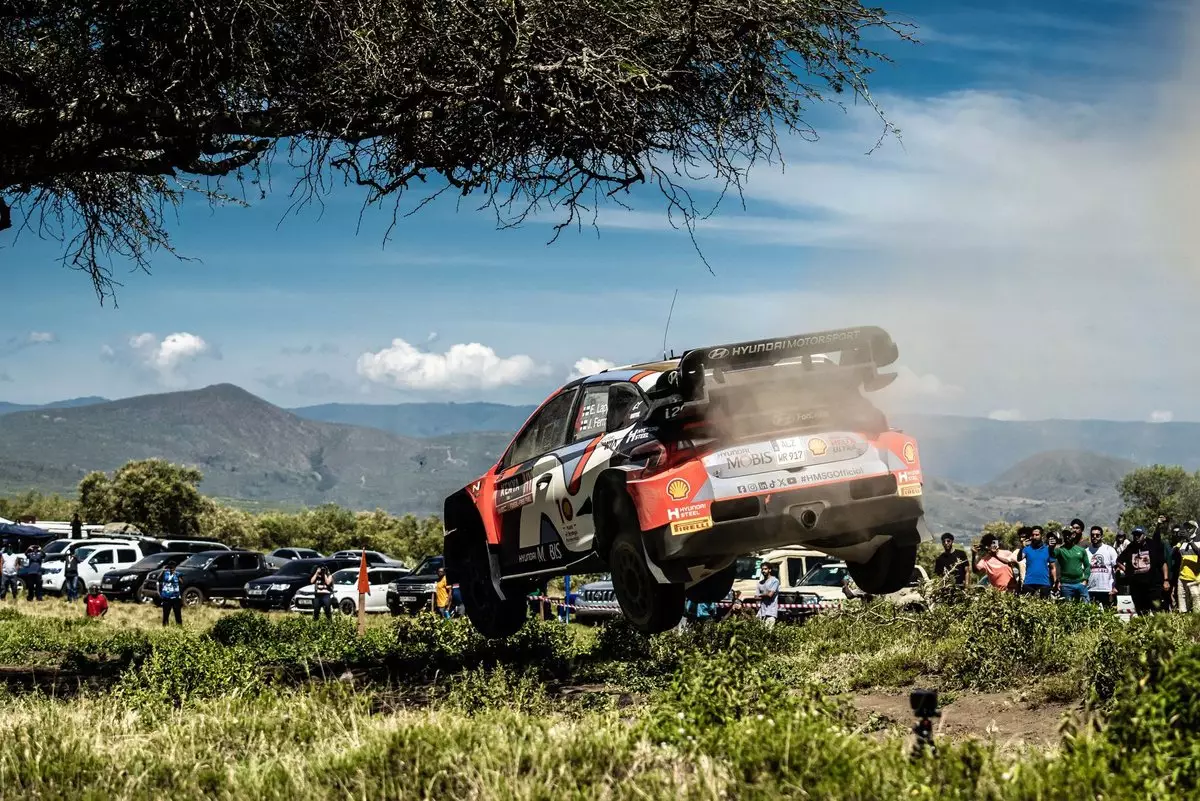Recently, WRC teams Toyota, Hyundai, and M-Sport-Ford joined forces to express their desire for the current Rally1 technical regulations to remain unchanged until the end of 2026. This collective decision came as a response to the FIA’s vision for the future of the top-level rallying, which was unveiled back in February. While the teams have shown their support for proposed changes to the sporting aspects of the championship, there is strong opposition to the FIA’s plans to alter the technical regulations for the upcoming year.
The FIA’s proposed changes involve removing hybrid power from Rally1 cars and implementing a reduction in aerodynamics and air restrictor to cap performance. The intention behind these changes is to bring Rally1 cars closer in specifications to their Rally2 counterparts. Rally2 cars will receive an upgrade kit for more aerodynamics, aiming to increase the competition for the overall victory. However, the tight timeframe for enacting these changes has raised concerns among the teams, as they would have only six months to design, test, and validate their revised cars.
The WRC Commission recently held a two-day meeting in Geneva to discuss the future of the championship. One of the main topics of discussion was the opposition from Rally1 teams regarding the proposed technical rule changes for the upcoming year. The FIA confirmed that positive steps have been taken, and further work is ongoing to address the concerns raised by the teams.
According to an FIA spokesperson, discussions are underway with stakeholders to find solutions for the shorter-term technical developments in 2025 and 2026. The ultimate goal is to safeguard and strengthen the world’s premier rally category. While there is broad agreement on the technical direction of the championship from 2027 onwards, the specifics of the collaborative solutions are still unclear. However, the FIA remains confident that collaborative solutions will be found to address the issues raised by the manufacturer teams.
The future of WRC Rally1 is currently at a crossroads as teams and the FIA navigate the proposed changes to the technical regulations. The concerns raised by teams regarding the tight timeframe for implementation and the potential impact on competition highlight the need for thorough discussions and collaborative solutions. As the discussions continue in the coming weeks, it will be interesting to see how the stakeholders work together to shape the future of the championship while ensuring the competitiveness and sustainability of top-level rallying.


Leave a Reply